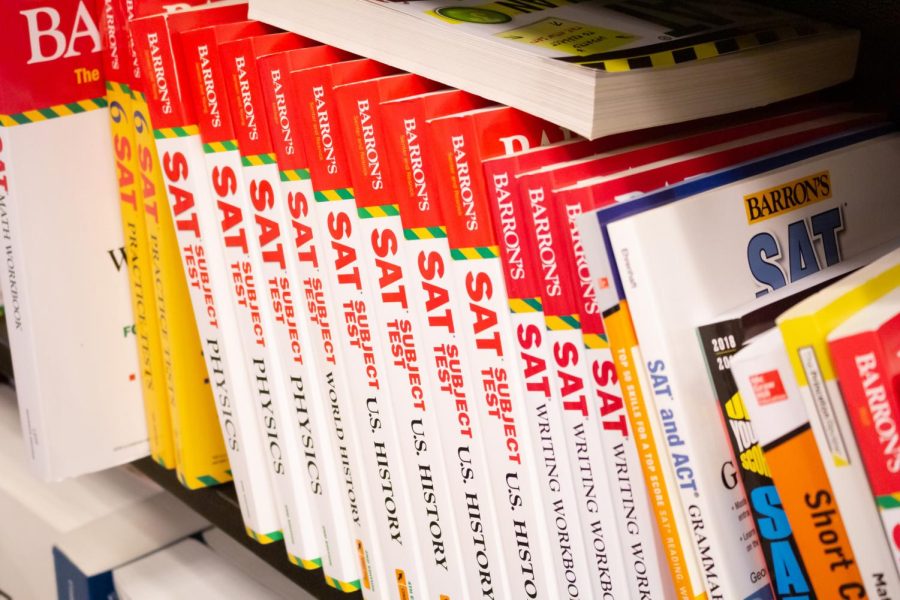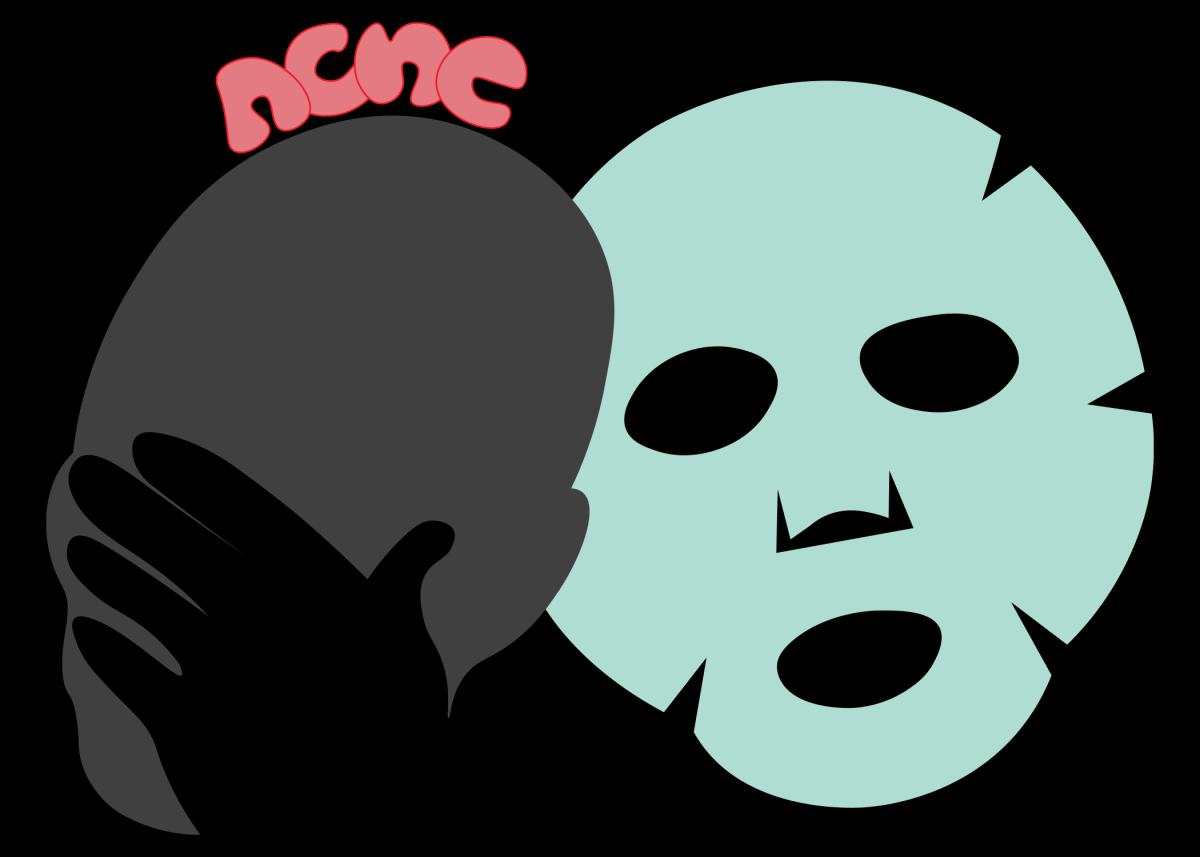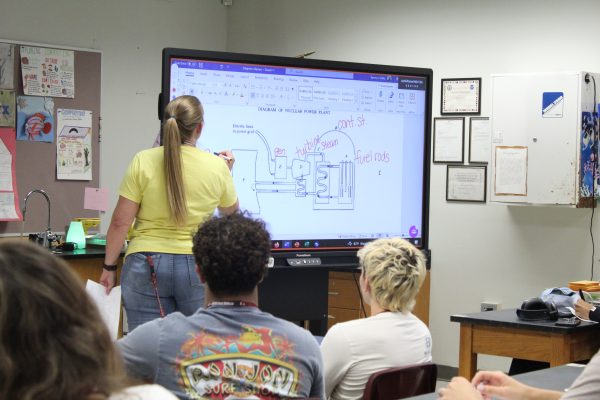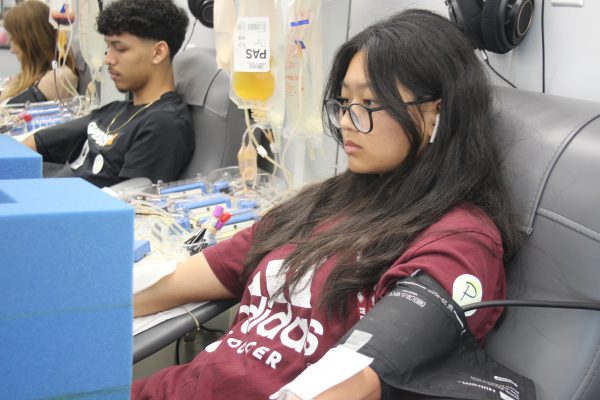MSD students share their opinion on College Board’s announcement of changes to the SAT starting in 2024
Photo courtesy of David Tonelson/Dreamstime/TNS
The value of ACT and SAT tests has been called into question over the years, fueled by a growing awareness that test-takers from higher-income households have advantages, such as prep classes and tutors. (Photo courtesy of David Tonelson/Dreamstime/TNS)
February 4, 2022
On Tuesday, Jan. 25, College Board announced that the SAT is shifting to an all-digital test with formatting, content and difficulty levels changing. The new test will be put in place in 2024 for the United States in 2024, and in 2023 for other countries. Therefore, the change affects the Class of 2025 and onward.
The format of the test includes changes that make the test more secure and shorter, as it is two hours rather than three. There will also be more time provided per question and shorter reading passages that cover a wide range of topics.
Calculators will be allowed during the entire math section and word problems will be more concise than the current word problems on the SAT. Results will be back in days, rather than weeks. The test will still be scored out of 1600 and must be administered in a school or test center with a proctor and not at home.
The PSAT/NMSQT and PSAT 8/9 will also become 100% virtual in 2023 and the PSAT 10 by 2024.
“I am not opposed to trying ‘better’ SAT, but I do feel as if the SAT is intended to be a difficult test to assess the skills of people who take it,” senior Jayden Adjodha said. “This will take away from its ability to do that and show the differences in education level and intelligence among students.”
This change comes after many colleges shifted to “test-optional” admissions amid the COVID-19 pandemic and the increasing scrutiny of standardized tests. Currently, more than 1800 schools are not requiring ACT or SAT scores from current seniors. More than 1400 schools have extended this to cover current juniors as well. The Common Application reports that only 5% of colleges are requiring standardized test scores during the 2021-2022 school year.
FairTest, an organization dedicated to fair and open testing, has a list of colleges and universities that are not currently requiring tests for admission. Harvard, which made headlines in Dec. 2021 for making the SAT and ACT optional through 2026, is among all other Ivy Leagues on the list.
“[A digital SAT] does not magically transform [the SAT] into a more accurate, fairer or valid tool for assessing college readiness,” executive director of FairTest Bob Schaeffer said on Jan. 25 in response to the news.
College Board has faced backlash in the last few years as people pointed to research that found wealthy students and white students earned higher SAT scores than low-income and Black students. Since low-income students cannot afford to attend fancy SAT prep courses that their wealthy peers enroll them in, they tend to produce lower scores.
In the statement by College Board on Jan. 25, they emphasized that the SAT helps “all students” and is “working to address inequities in access to technology.” Students will be allowed to use their own device, either a laptop or tablet, or a school-issued device. If students do not have access to a device to use, College Board will provide one to use on test day.
College Board also addressed fears of technological difficulties and stated that a loss of connectivity or power will not result in lost work or time while test-takers reconnect.
“The digital SAT will be easier to take, easier to give and more relevant,” Vice President of College Readiness Assessments at College Board Priscilla Rodriguez said. “We’re not simply putting the current SAT on a digital platform一we’re taking full advantage of what delivering an assessment digitally makes possible. With input from educators and students, we are adapting to ensure we continue to meet their evolving needs.”
The “more relevant” idea is seen in the changes to reading passages that will reflect a wider range of topics that would be more closely reflective of text read in college. The passages will be shorter, with only one question tied to each.
“I like that [the new SAT is] shorter because towards the end, most people get really tired, which affects their scores,” freshman Aesha Bhavsar said. “Towards the end, the old test is about how long you can stay without falling asleep, instead of testing your actual education.”
The experience of almost falling asleep at the end of an exam is not a unique one. Hundreds of Reddit and Quora posts detail the user’s experience with “SAT fatigue” and users often ask how to combat it to finish the test. There are also several articles about why exams are so exhausting and what to do about it.
“I don’t like that [the new SAT is] going to be online,” freshman Melanie Anaya said. “Personally, I think it might strain my eyes to look at a screen that long. But I do think making it shorter is better.”
As of now, it is still unknown whether the new SAT will help standardized tests become a more common part of college admissions or if the pandemic-induced switch to test-optional learning will continue.























